
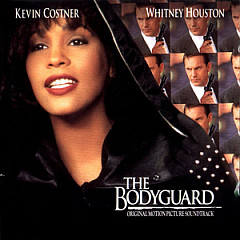
The Whitney Houston hit "I Have Nothing" was inspired by Elvis Presley, who dated the song's lyricist, Linda Thompson.
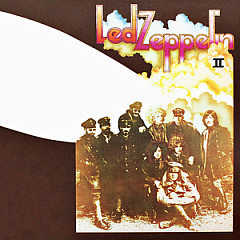
"Whole Lotta Love" was Led Zeppelin's only US Top 10 hit, charting at #4. Many of their songs, including "Stairway To Heaven," were not released as singles, as it was considered bad form in the UK to make fans pay for singles that were also on albums.
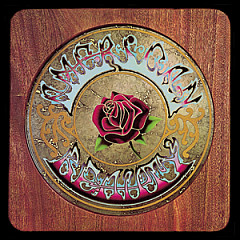
"Truckin'" was written as the Grateful Dead were starting their long, strange trip, settling into a life of constant touring. They rode busses and holed up in modest hotels to stay grounded.
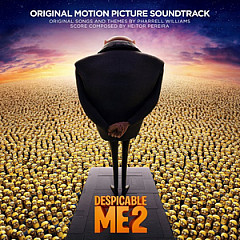
If you have a whole day to kill, you can check out the full version of Pharrell Williams' "Happy" music clip, which was the world's first ever 24-hour music video.
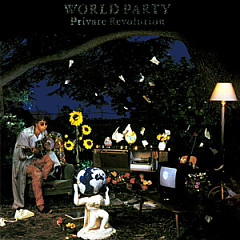
One of the great "we're all going down" songs is "Ship Of Fools" by World Party, written when Margaret Thatcher was in power in England.
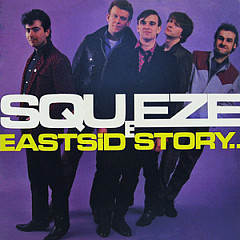
The Squeeze song "Tempted" is one of their few with lead vocals by Paul Carrack, who sang the Ace song "How Long" and was in Mike + The Mechanics.

On the "schizoid element" of his lyrics, and a famous line from "Everything Zen."

The Garbage drummer/songwriter produced the Nirvana album Nevermind, and Smashing Pumpkins' Gish and Siamese Dream.

"Great songwriters don't necessarily have hit songs," says Chris. He's written a bunch, but his fans are more interested in the intricate jams.

Joe talks about the challenges of of making a Duke Ellington tribute album, and tells the stories behind some of his hits.